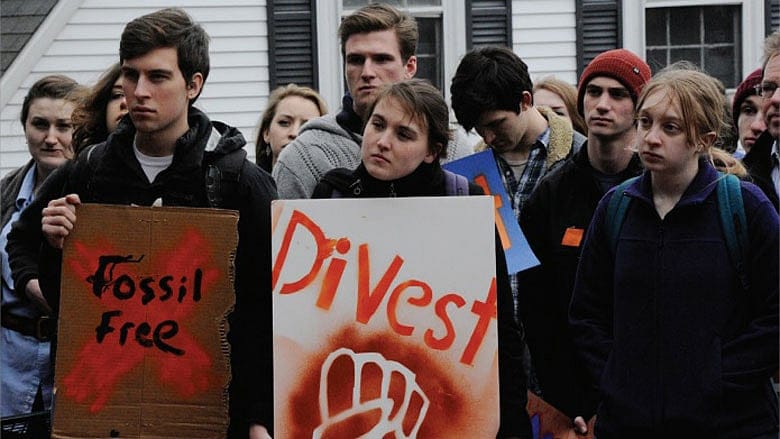Divestment follies

Say something often enough — like "97 percent of climate scientists agree" — and people will tend to believe it. Add the concept of identification, in which like-minded people gravitate toward one another, and a movement, a shared narrative, can be created.
The psychological principles of repetition and identification are two tactics used in both political organizing and brainwashing. And they are hallmarks of the fossil-fuel divestiture movement, which is in play on more than 1,000 universities and colleges.

